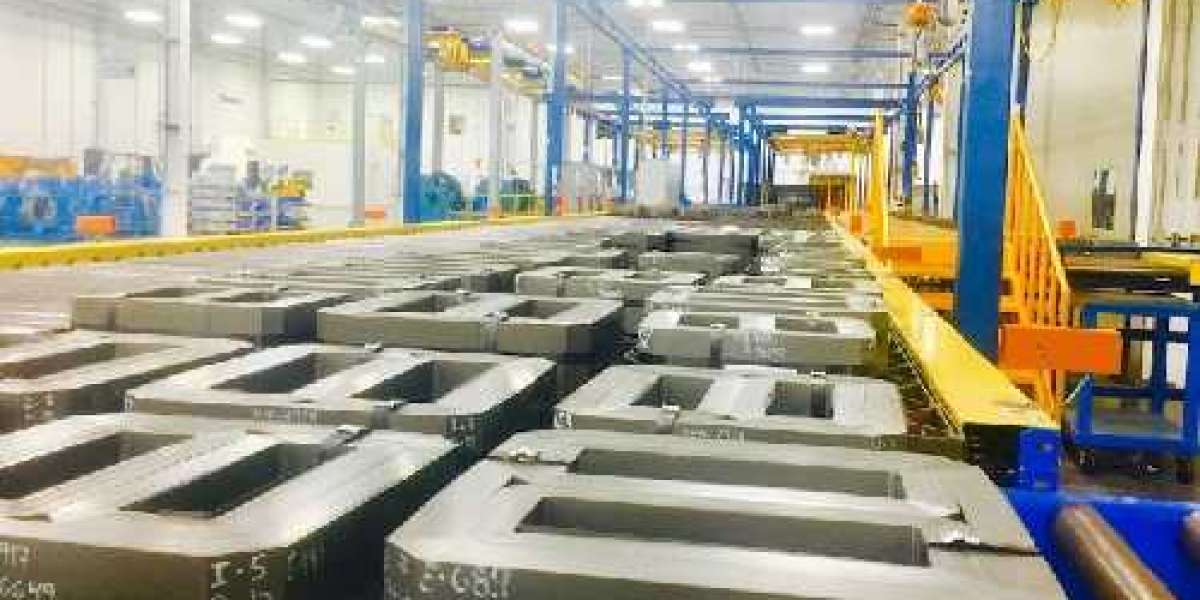In today's fast-paced logistics and warehousing world, efficiency, sustainability, and safety are paramount. As technology continues to evolve, the tools used in these sectors are also undergoing radical transformations. One such innovation making waves is the lithium ion pallet jack. This article delves deep into understanding this revolutionary tool and why it's heralded as the future of warehouse logistics.
What is a Lithium-Ion Pallet Jack?
Traditional pallet jacks, also known as pallet trucks, are manual or electric devices used to lift and move pallets within warehouses. The lithium-ion pallet jack is a step up from its predecessors. It is powered by a lithium-ion battery, similar to the batteries in smartphones and electric vehicles.
Advantages of Lithium-Ion Pallet Jacks
- Longer Battery Life: Unlike lead-acid batteries used in traditional electric pallet jacks, lithium-ion batteries can sustain more charge cycles. This means less frequent replacements and longer usage times.
- Rapid Charging: Lithium-ion batteries can be charged more quickly than their lead-acid counterparts, minimizing downtime.
- Weight and Size: Lithium-ion batteries are lighter and more compact, allowing for a more streamlined design of the pallet jack.
- Eco-Friendly: With fewer replacements and a longer lifespan, lithium-ion batteries contribute less waste. Moreover, they do not contain harmful acids, making disposal safer for the environment.
- Low Maintenance: Without the need for water top-ups or regular maintenance checks required by traditional batteries, lithium-ion powered pallet jacks offer a hassle-free experience.
- Consistent Power Delivery: Unlike other batteries, whose performance may wane as they deplete, lithium-ion batteries provide consistent power throughout their charge.
Safety Features
Modern lithium-ion pallet jacks come with advanced safety features, such as anti-roll back on slopes, emergency stop buttons, and ergonomic designs for better operator comfort. These enhancements not only protect the warehouse staff but also ensure the safe handling of goods.
Cost Implications
While the initial investment for a lithium-ion pallet jack might be higher than traditional models, the long-term benefits make it cost-effective. Reduced maintenance, fewer battery replacements, and increased uptime can lead to substantial savings over the life of the equipment.
Conclusion
The adoption of lithium-ion technology in warehouse logistics represents a significant leap forward in efficiency, sustainability, and safety. As the demands of the modern supply chain continue to evolve, tools like the lithium-ion pallet jack are poised to meet these challenges head-on. For businesses aiming to stay competitive, making the switch to these advanced pallet jacks might not just be a good idea—it could be essential.








